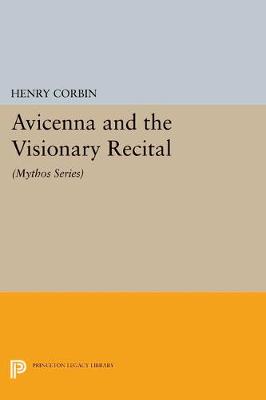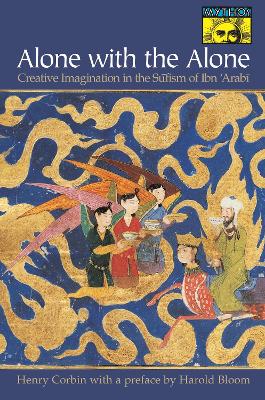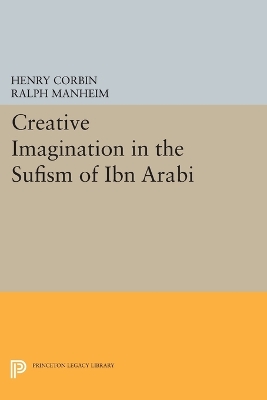Bollingen Series (General)
4 total works
In this work a distinguished scholar of Islamic religion examines the mysticism and psychological thought of the great eleventh-century Persian philosopher and physician Avicenna (Ibn Sina), author of over a hundred works on theology, logic, medicine, and mathematics. Henry Corbin's discovery in an Istanbul library of the manuscript of a Persian translation of and commentary on Avicenna's Hayy ibn Yaqzan, written in Arabic, led him to an analysis of three of Avicenna's mystical "recitals." These form an initiatory cycle leading the adept along the path of spiritual progress. In Part I Corbin summarizes the great themes that show the philosophical situation of Avicennan man in the cosmos and presents translations of these three great Avicennan recitals. Part II is a complete translation, with notes, of the Persian commentary.
Originally published in 1960.
The Princeton Legacy Library uses the latest print-on-demand technology to again make available previously out-of-print books from the distinguished backlist of Princeton University Press. These editions preserve the original texts of these important books while presenting them in durable paperback and hardcover editions. The goal of the Princeton Legacy Library is to vastly increase access to the rich scholarly heritage found in the thousands of books published by Princeton University Press since its founding in 1905.
Harold Bloom's preface links Sufi mysticism with Shakespeare's visionary dramas and high tragedies, such as The Tempest and Hamlet. These works, he writes, intermix the empirical world with a transcendent element. Bloom shows us that this Shakespearean cosmos is analogous to Corbin's "Imaginal Realm" of the Sufis, the place of soul or souls.
An analysis of interrelated themes in Iranian religion, including the angelology of Mazdaism and Islamic Shi'ite concepts of spirit-body identity.



